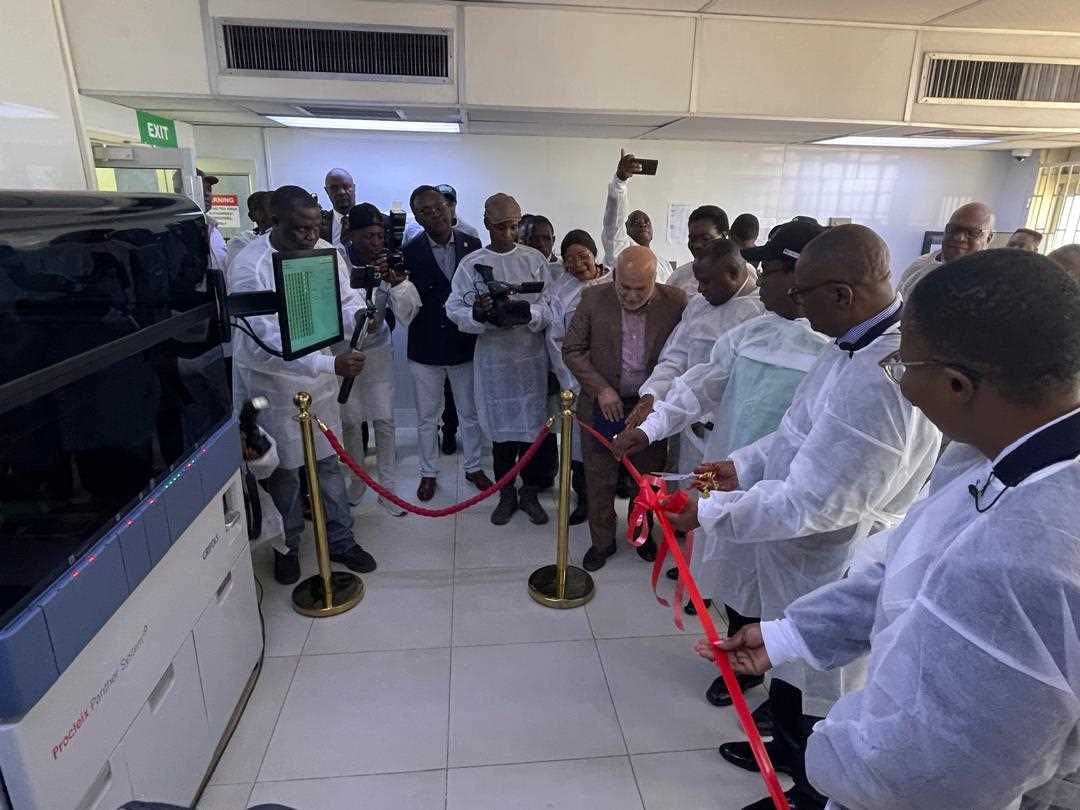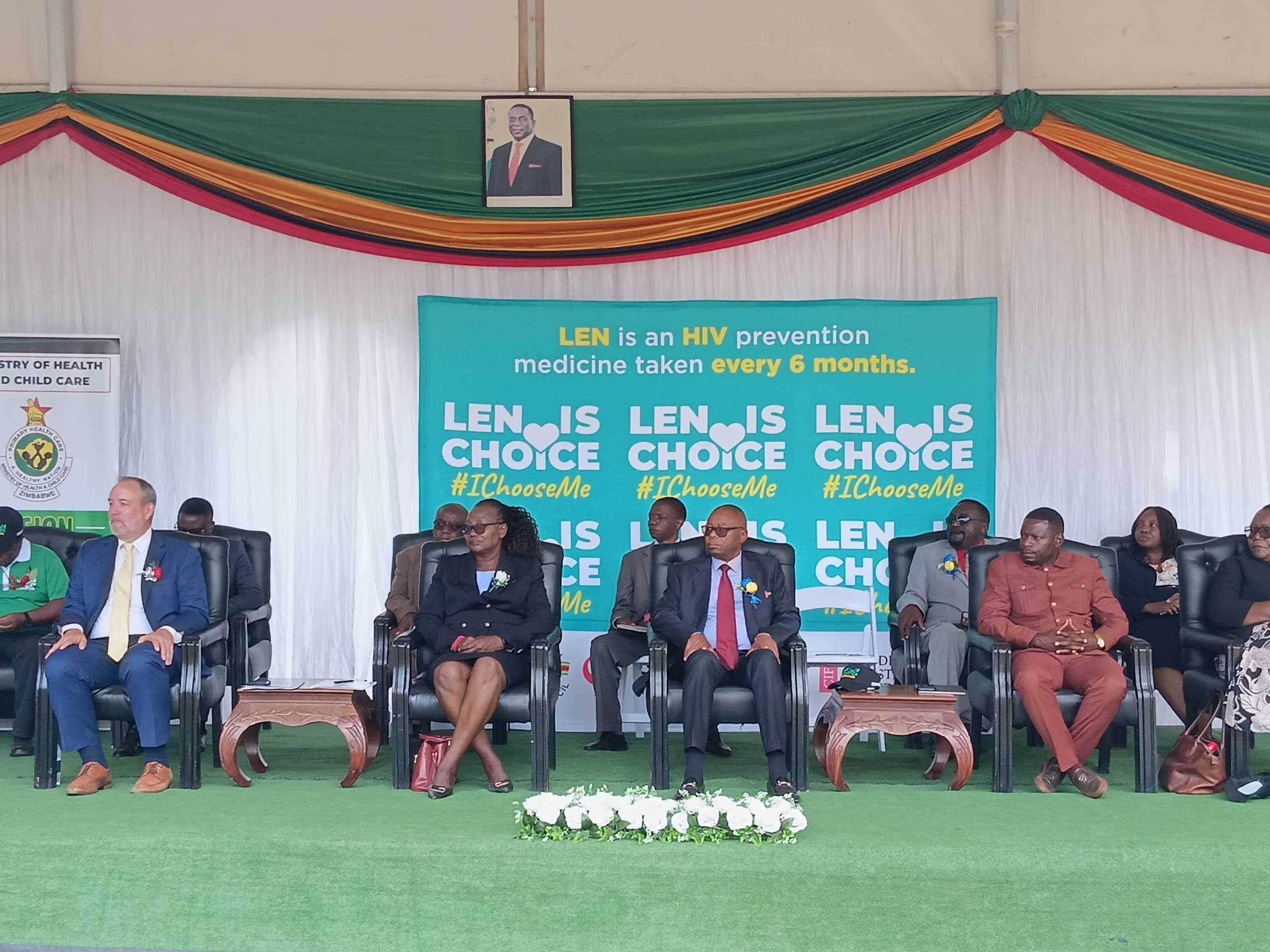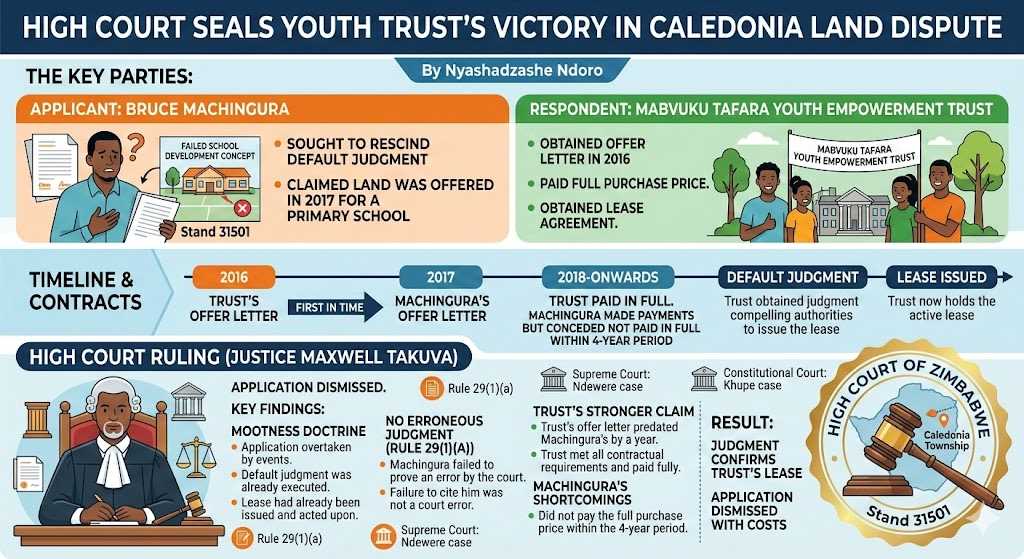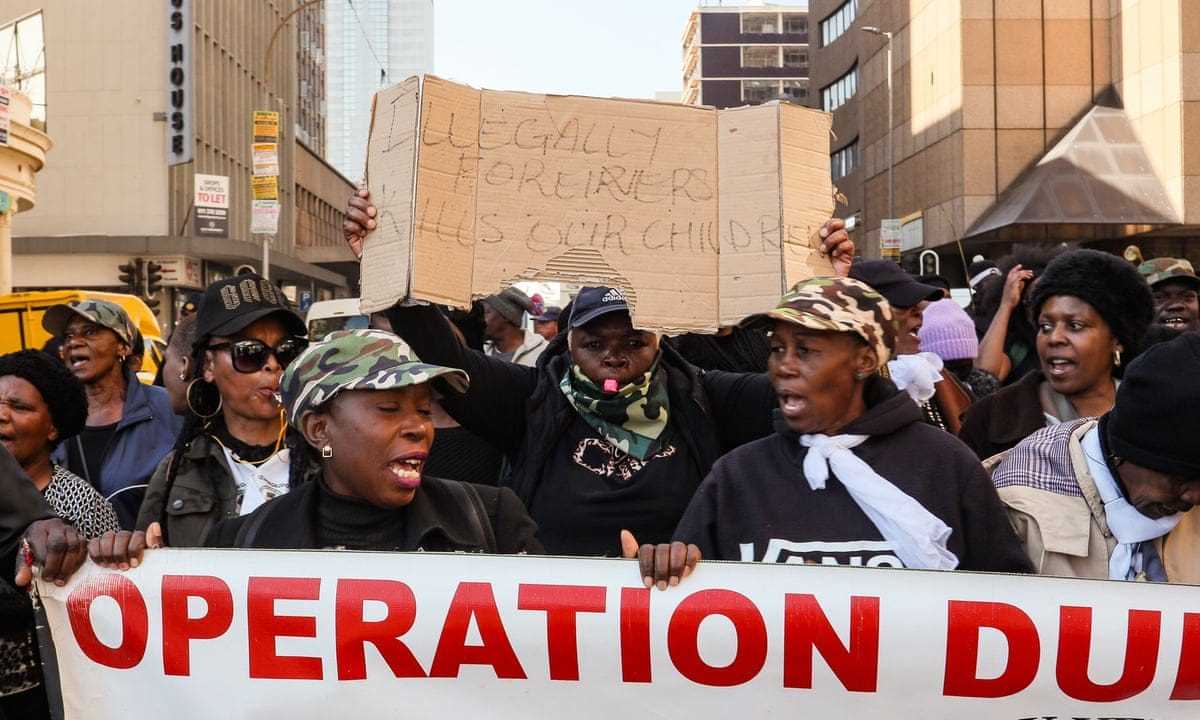
Patricia Mashiri
Zim Now Writer
People who use and inject drugs in Zimbabwe have called for a collaborative, multisectoral approach to address the challenges they face, including access to affordable rehabilitation and reducing HIV transmission.
Drug and substance use is a key driver of HIV, particularly through the sharing of needles and injections. Speaking at a two-day harm reduction workshop organized by SAYWHAT, Chipo Ziweva, Mental Health Officer from the Ministry of Health and Child Care in Bulawayo, emphasized the ministry’s efforts to address these issues.
“The ministry has been instrumental in referring individuals in need of help and is in the process of establishing public rehabilitation centers to respond more effectively to the demand,” Ziweva said.
She noted that rehabilitation services in Zimbabwe remain prohibitively expensive, with private facilities charging between $300 and $500 per week.
“We aim to make public rehab centers operational. While I cannot provide an exact date, I can confirm that buildings in all provinces have been identified, and we are waiting for government funding to launch these services,” she said.
Related Stories
Tendai Mbengeranwa, National AIDS Council Key Populations Coordinator, stressed the need to approach PWUIDs with practical support to mitigate HIV risks.
“When engaging PWUIDs, you cannot approach them empty-handed. Providing HIV self-test kits and educating them on proper use is essential to keeping them informed and reducing risks,” she said.
Lucky, a peer leader and recovering drug user, lamented the high costs of private rehab centers.
“I’ve been to rehab twice, but the costs are exorbitant. The Borrowdale Halfway House charges US$1,000 per week. We need public rehabilitation centers that are affordable but still provide the same quality of care as private facilities,” he said.
The workshop highlighted the need for affordable, accessible services and a coordinated response involving the government, civil society, and health professionals to address drug use and its impact on HIV prevalence.




















Leave Comments